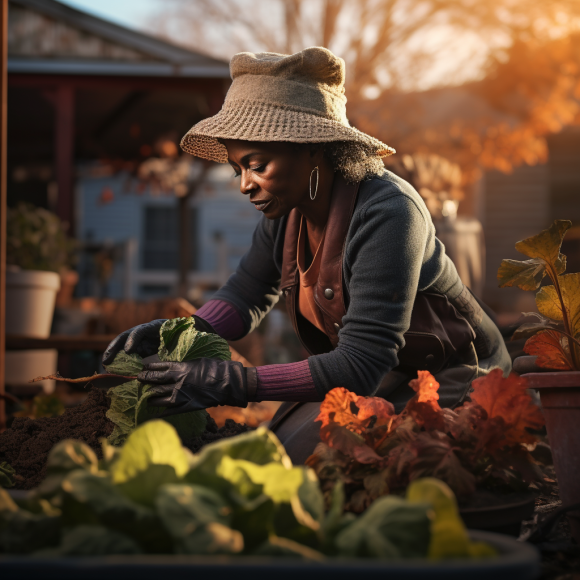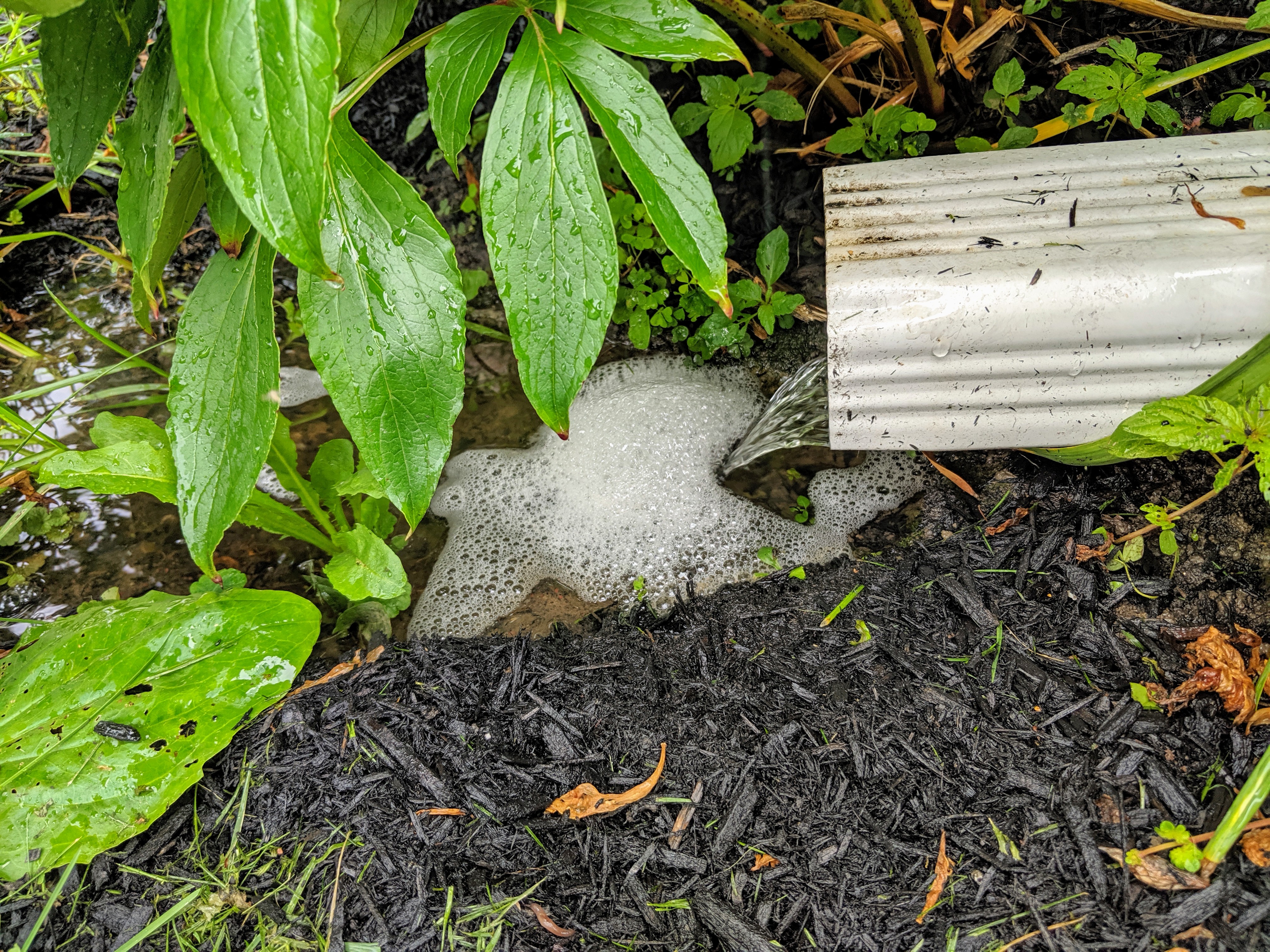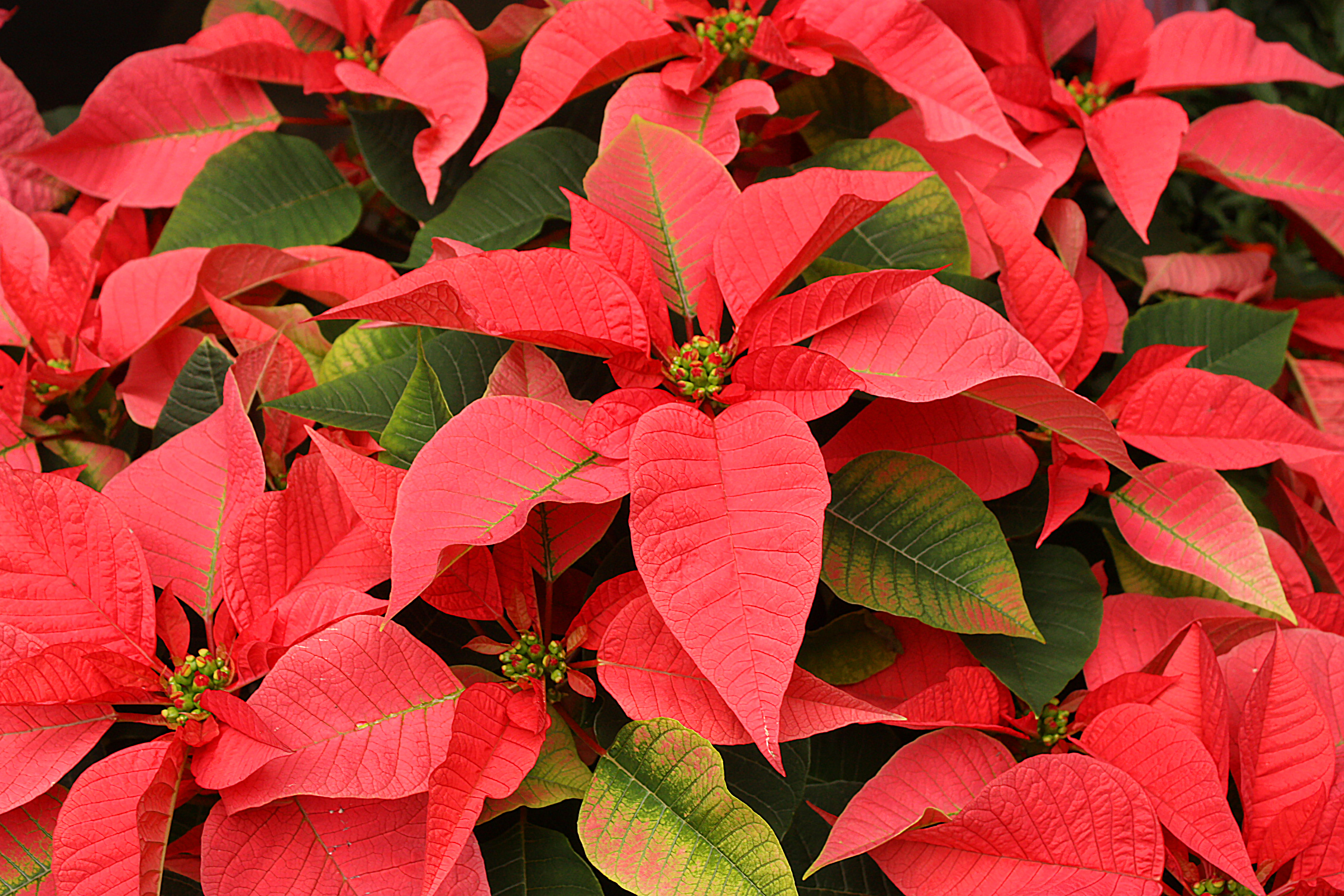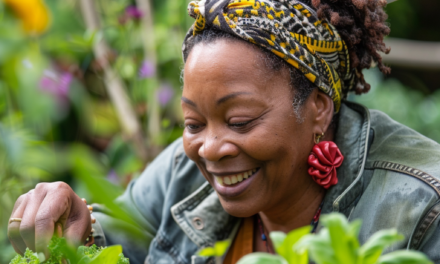As November unfolds in Bedford, the garden begins to settle into its winter slumber. However, this is no time for gardeners to rest; there’s much to do to ensure your outdoor space is prepped for winter and poised for a successful spring. Here’s your November gardening checklist:
- Last-Minute Planting: If you haven’t yet planted spring-flowering bulbs like tulips or daffodils, do it now. The soil is still workable, and these bulbs need a period of cold dormancy to bloom next year.
- Leaf Cleanup: Continue to collect fallen leaves to prevent mold and disease. Compost what you can, and consider mulching leaves directly into the lawn for added nutrients.
- Winter Mulching: Apply a layer of organic mulch around perennials, shrubs, and trees. This acts as insulation, protecting plants from freeze-thaw cycles.
- Cover Crops: If you have a vegetable garden, consider planting cover crops like clover or rye to enrich the soil over winter.
- Compost Care: Turn your compost pile one last time before winter sets in, and cover it to maintain moisture levels and heat.
- Watering: Give all your plants a deep watering before the first hard freeze to reduce the risk of winter damage.
- Tool Maintenance: Thoroughly clean and sharpen your tools before storing them away. Oil wooden handles and moving parts to prolong their lifespan.
- Pest Control: Walk your property to check for rodent burrows or other signs of winter pests. Take preventative measures as needed.
November may feel like the end of the gardening season in Bedford, but it’s actually a pivotal time for setting the stage for future growth. By taking these steps, you’ll make your garden more resilient, fruitful, and beautiful in the year to come.







